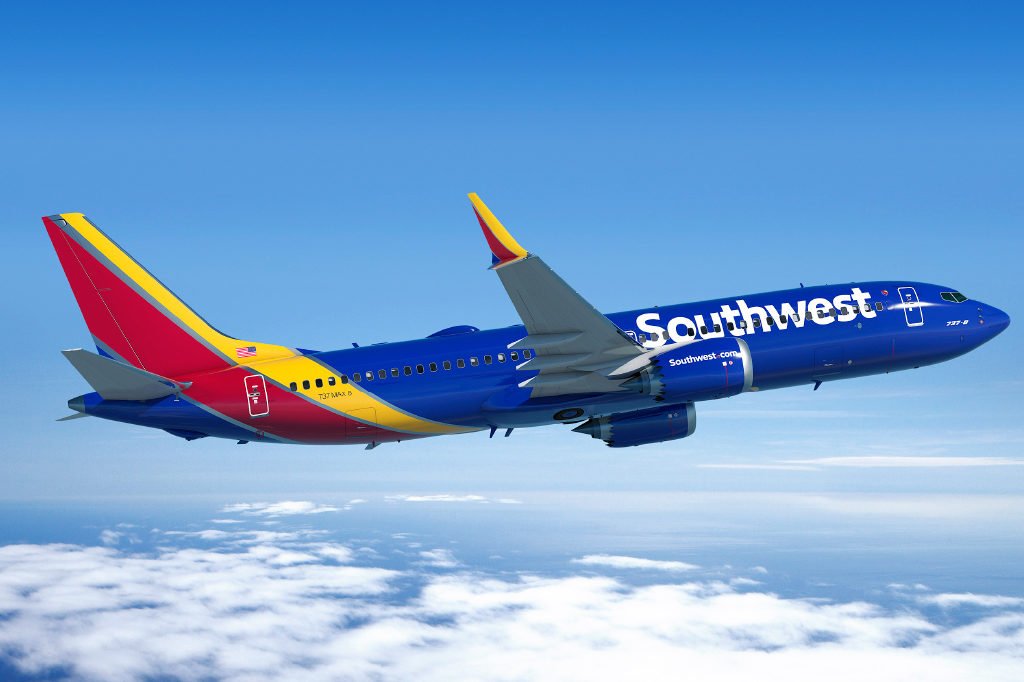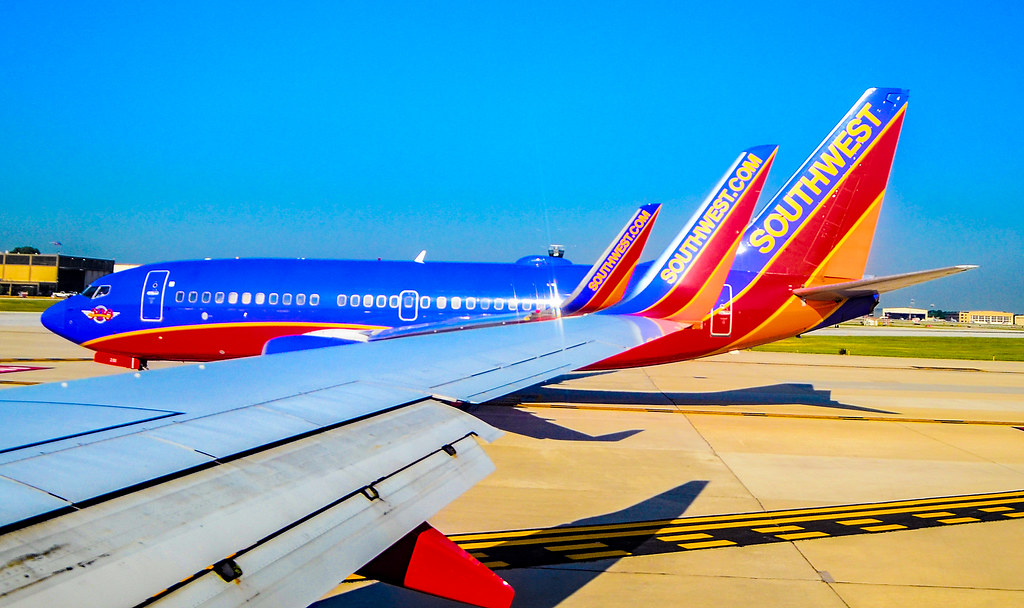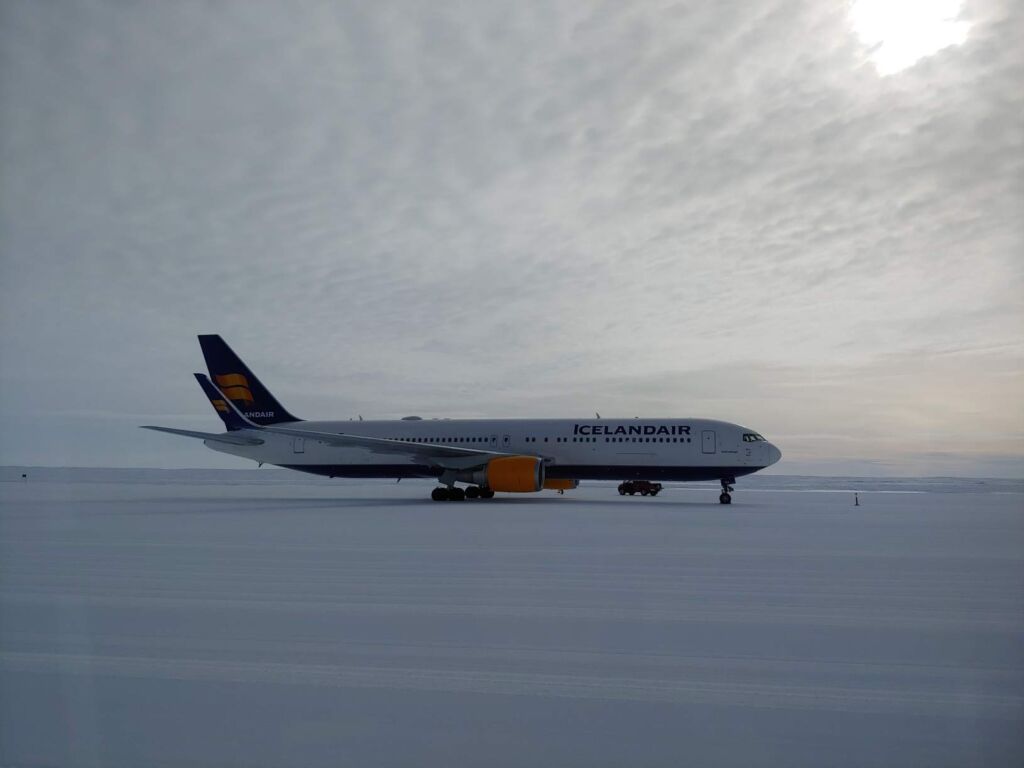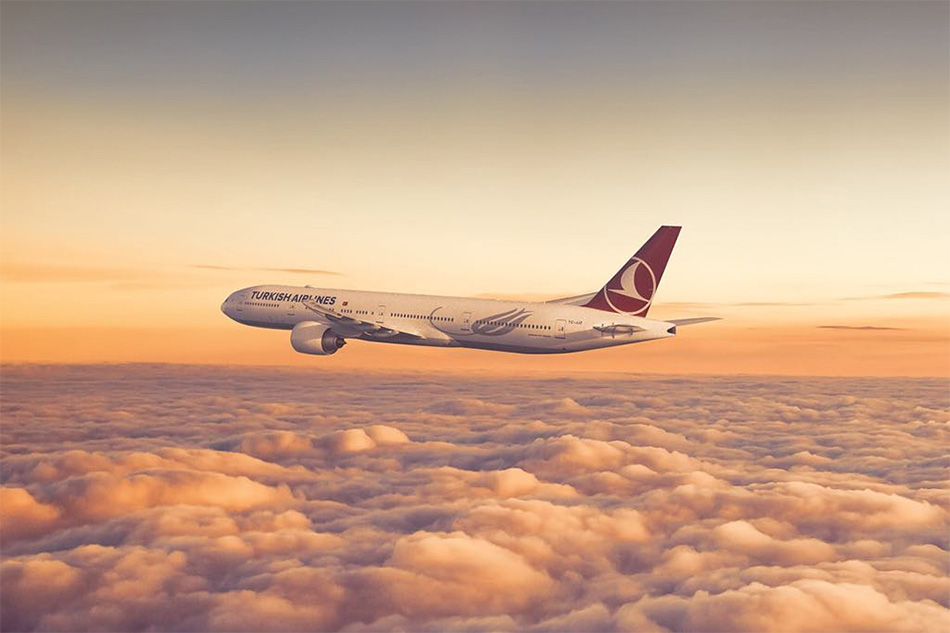Southwest Airlines has announced that it will begin charging passengers to check bags for the first time in its history. The move marks a significant departure for the low-cost carrier, which has long prided itself on offering free checked bags as a key differentiator from its competitors.
The change, set to take effect for tickets purchased on or after May 28, comes amid mounting pressure from activist investor Elliott Investment Management. The firm, which took a stake in Southwest last year and secured five board seats, has been pushing for sweeping changes to boost the airline’s financial performance. Southwest has long resisted industry trends by maintaining perks such as free checked bags, flexible ticket changes, and open seating—benefits that have set it apart from other major U.S. airlines.
Under the new policy, most Southwest passengers must pay to check bags, with some exceptions. Customers who purchase tickets in the highest fare class will still be eligible for free checked luggage. Additionally, elite frequent flyers with A-List Preferred status will retain the right to check two bags for free, while A-List members and Southwest credit card holders will each receive one free checked bag.
Southwest’s website prominently features the phrase “Two Bags Fly Free” as a registered trademark, highlighting the significance of this policy shift. However, the airline’s decision to align itself with industry norms follows a broader trend among competitors, who collectively generated over $5 billion in baggage fees last year, according to federal data.
Southwest has yet to disclose the exact pricing for checked bags under the new policy. For comparison, major carriers such as Delta, American, and United currently charge $35 for a single checked bag. The introduction of baggage fees is expected to provide a much-needed revenue boost for Southwest as it navigates evolving market pressures and investor expectations.





